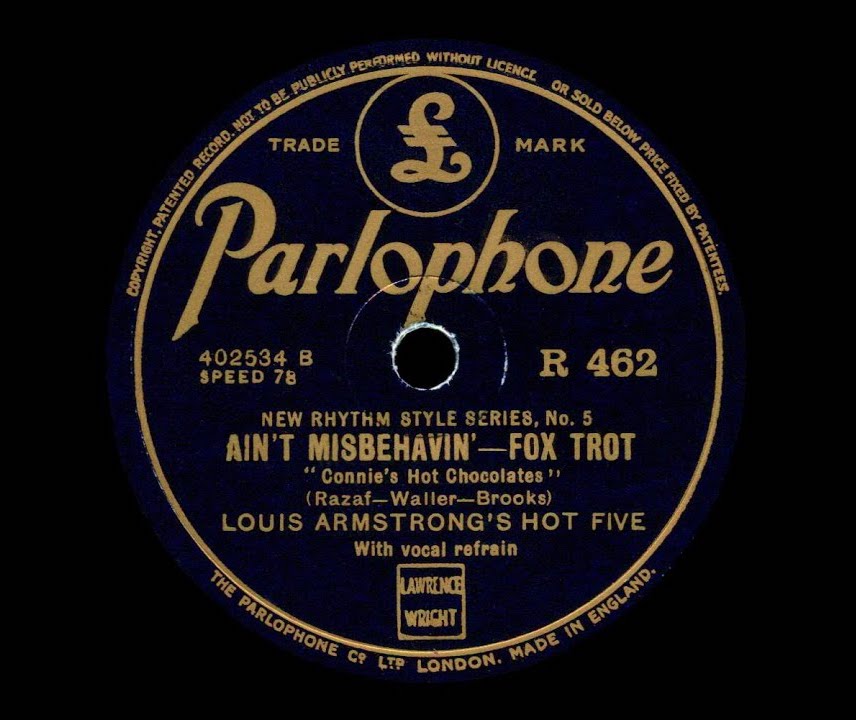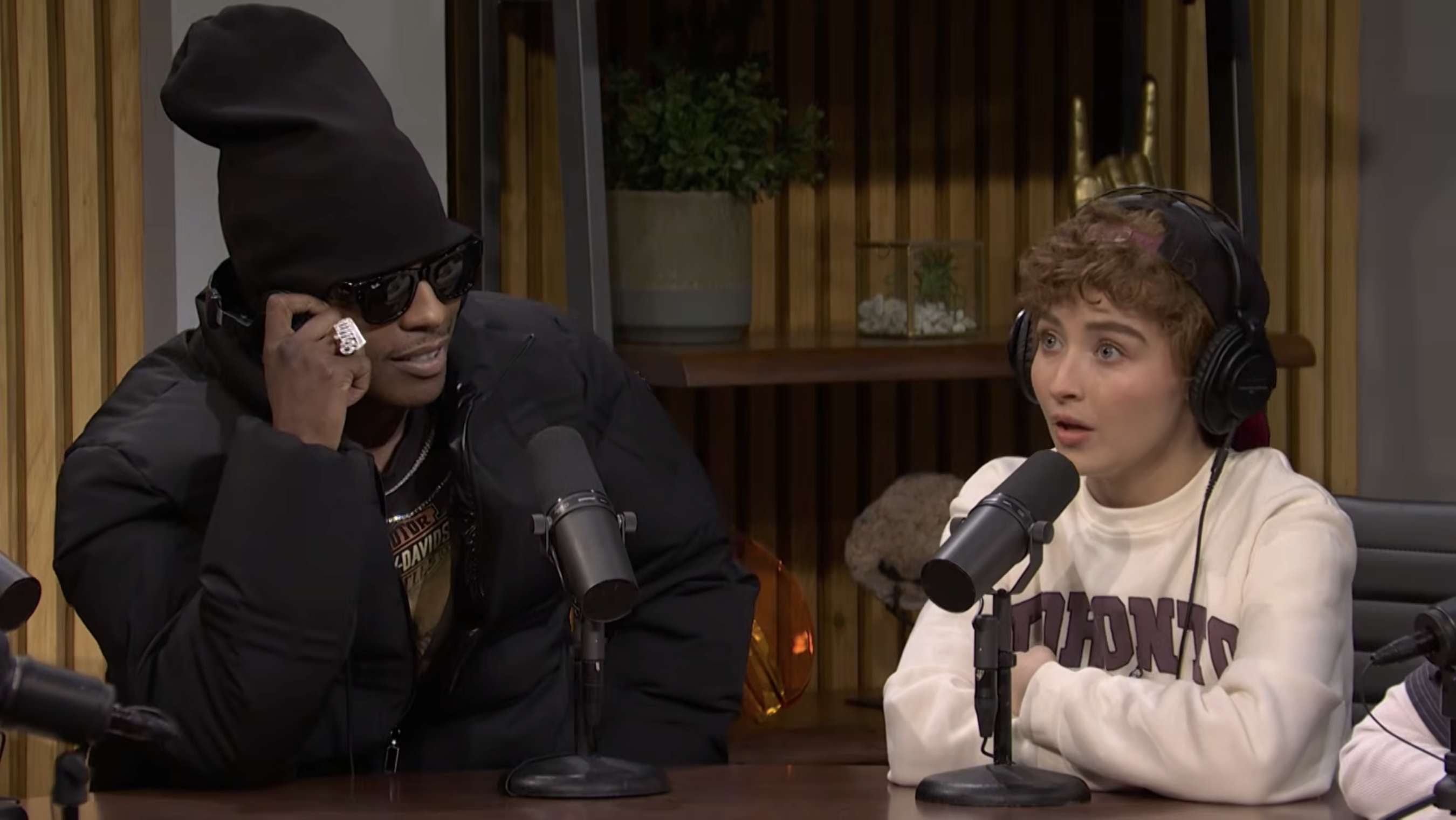Last year, the original version of Mickey Mouse went into the public domain. That doesn't mean that anyone can use Mickey Mouse's image for whatever they want, but it does mean that the version of Mickey who first appeared in Walt Disney's original Steamboat Willie cartoon is now fair game. After 95 years, pieces of intellectual property lose their copyright protection, which means nobody needs permission to make things like the Mickey-themed horror cheapie Screamboat. It's a whole new year now, which means a bunch of other cultural works are now in the public domain, including a pack of popular standards from 1929.
As this Duke University piece points out, a great many 1929 cultural works now belong to the world. That applies to books like Ernest Hemingway's A Farewell To Arms, William Faulkner's The Sound And The Fury, Virginia Woolf's A Room Of One's Own, and Dashiell Hammett's The Maltese Falcon and Red Harvest, as well as films like Gold Diggers Of Broadway, The Broadway Melody, The Marx Brothers' The Cocoanuts, John Ford's The Black Watch, and Alfred Hitchcock's Blackmail. The original versions of the characters Popeye and Tintin are now free to use. (Buck Rodgers also made his first appearance in 1929, but his rights were already free of copyright.) And then there are the songs originally published in 1929.
Arthur Freed and Nacio Herb Brown originally wrote "Singin' In The Rain" for Broadway's Hollywood Music Box Revue, and it appeared in the movie The Hollywood Revue Of 1929 that same year. Both the song and the film are now in the public domain. Other 1929 songs now in the public domain include Fats Waller, Harry Brooks, and Andy Paul Razaf's "Ain't Misbehavin'" and "(What Did I Do To Be So) Black And Blue," as well as George Gershwin's "An American In Paris," Maurice Ravel's "Boléro," Alfred Dubin and Joseph Burke's "Tiptoe Through The Tulips," Jack Yellen and Milton Ager's "Happy Days Are Here Again," Cole Porter's "What Is This Thing Called Love?," and Jimmie Rodgers' "Waiting For A Train."
To clarify: Those actual compositions are public domain now, but something like Louis Armstrong's 1929 recording of "Ain't Misbehavin'" is not. Instead, actual sound recordings take 100 years to enter the public domain, so this year we're getting a bunch of sound recordings from 1924, including George Gershwin's "Rhapsody In Blue," Marian Anderson's "My Way's Cloudy," Al Jolson's "California Here I Come," Jelly Roll Morton's "Shreveport Stomp," and the version of "Krooked Blues" that Louis Armstrong recorded with King Oliver's Creole Jazz Band. Maybe the Spotify algorithm will start pushing those now, since nobody will have to get paid for the streams. Read the Duke explainer here.






